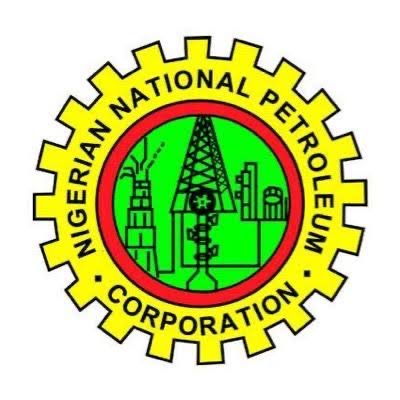The foreign exchange liquidity problem that has affected importation of goods into the country, and raw materials for local manufacturing, is also taking its toll on the automobiles industry.
The National Automotive Design and Development Council (NADDC) estimates annual imports at about 400,000 vehicles with 50,000 units as new cars valued at N679.65 billion ($3.45 billion). Some stakeholders have attributed the massive decline to the federal government’s re-launched automotive policy while others opine it was mainly due to the challenges with foreign exchange liquidity.
According to the latest national accounts (Q4 2015) released by the National Bureau of Statistics (NBS), it showed that the motor vehicles & assembly segment of the manufacturing sector contracted by 13.0 per cent year-on-year, compared with 24.3 per cent growth recorded in the corresponding period in 2014.
“Based on our estimates, the CBN is only able to meet about 15 per cent of their domestic foreign exchange requirement, resulting in manufacturers having to source most of their foreign exchange requirements at a premium from the parallel market. We believe local auto assemblers are facing challenges with importing their completely knocked down (CKD) and semi-knocked down (SKD) inputs.
“We gather that Sterling Bank has partnered with Innoson Motors to provide auto finance to prospective customers at an undisclosed rate. It is likely that the government will retain the automotive policy. However we expect a revised version tailored to the country’s current economic situation,” said FBN Quest.
The industry received the needed boost recently when Sterling Bank Plc partnered a local vehicle manufacturer, Innoson Motors, to finance the purchase of locally made vehicles produced by the company.












